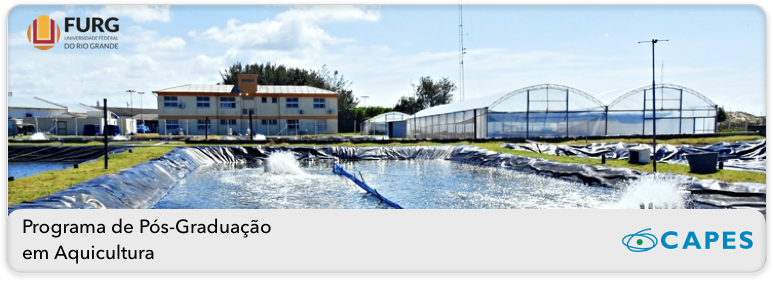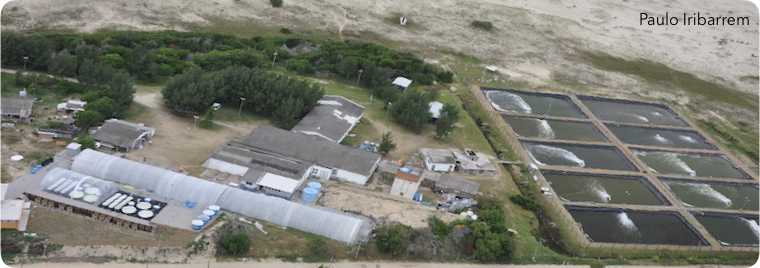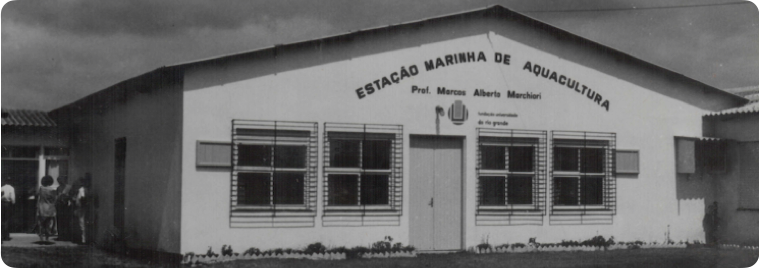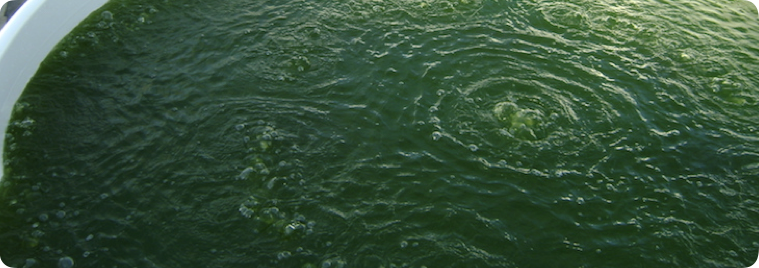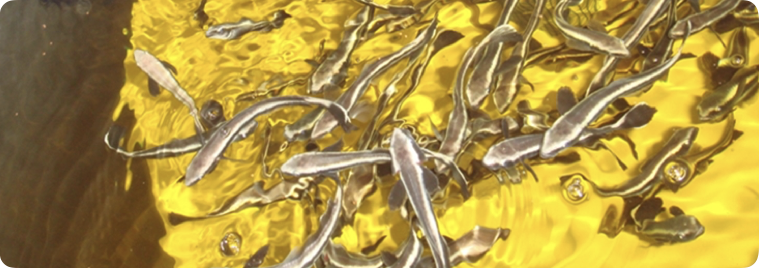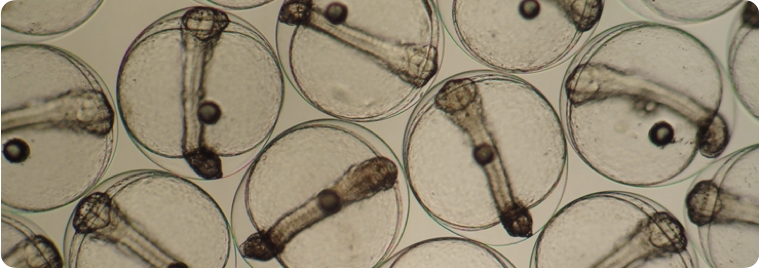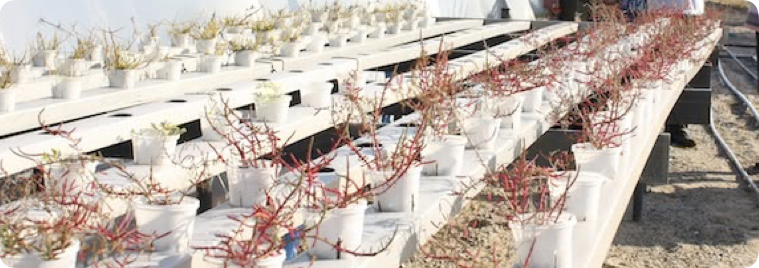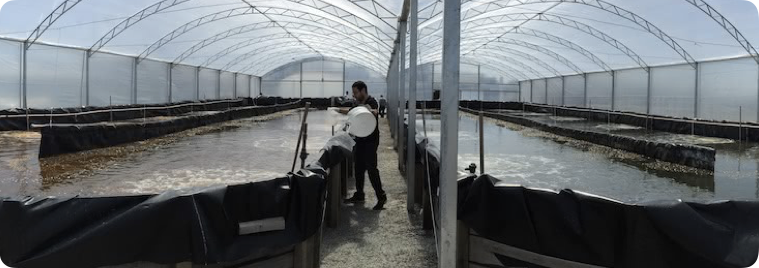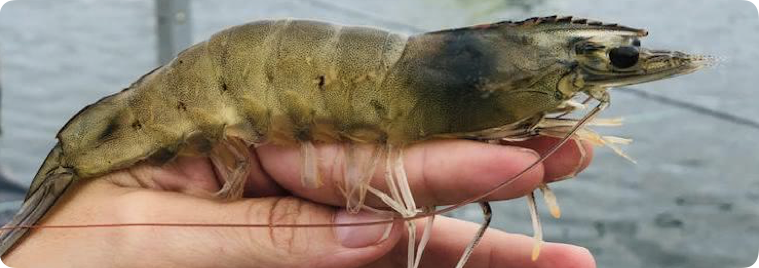Laboratory of Phytoplankton and Marine Microorganisms
Responsible: Dr Paulo Cesar Oliveira Vergne de Abreu
The laboratory has infrastructure for the development of various analyzes necessary for the study of microalgae.
Humid laboratory, place for the first processing of samples after collection in the field. It has basic equipment with refrigerators, freezers, sample filtration instrument, water distiller, water bath, ultrasound, pH meters and thermosalinometers.
Microscopy room, with temperature and humidity control, inverted optical microscopes (Nikon and Axiovert Zeiss) one of which is equipped with epifluorescence, and transmitted light (Axioplan Zeiss) equipped with epifluorescence. Digital and analog cameras coupled to microscopes and computers allow the capture of images through the use of specific programs. In this room there are also bibliographic references on taxonomy of protists (subscription to 3 periodicals, books and reprints).
Microalgae Cultivation Room, equipped with microalgae incubation chambers with controlled temperature and photoperiod, autoclaves, greenhouses, laminar flow hood, centrifuge, ultra-centrifuge and liquid nitrogen containers. The microalgae collection includes strains collected in the Lagoa dos Patos estuary and adjacent coastal region.
Instrument Room, equipped for carrying out various analyzes, such as precision scales, oximeters, UV and visible light spectrophotometer, fluorimeters and instrument for liquid chromatography analysis.

